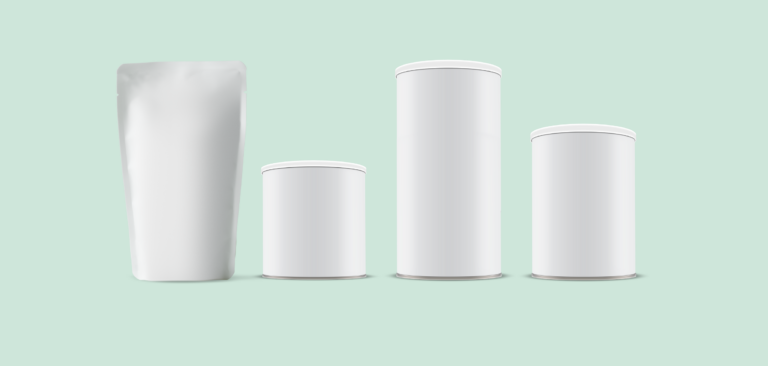The supplement overload problem, and the one solution customers actually stick to
If you ask the average consumer how many supplements they take, the answer is rarely “one.”
Most people take multiple products every day, for various purposes such as energy, stress, immunity, digestion, skin care, sleep, performance, or weight management.
The intention is good. The motivation is real.
But the reality is simple: the modern wellness routine has become too complicated.
And that complexity is exactly why consumers struggle to stay consistent, and why retailers lose repeat customers.
The modern problem: supplement overload
Today’s customers live fast-paced, high-stress lives. They’re trying to feel better, look better, and maintain balance, often without enough time or support. As a result, they reach for supplements to fill the gaps.
The issue?
They don’t just take one supplement. They take many:
• something for stress
• something for skin
• something for digestion
• something for low energy
• something for immunity
• something for sleep
• something for workouts
When these products stack up, something else happens:
1. Routines become messy and unmanageable
Morning capsules, mid-day powders, evening magnesium…
People try their best, but they lose track.
2. Consistency drops, fast
The more complicated the routine, the more often doses are forgotten or skipped.
3. Overlapping ingredients lead to confusion
Consumers mix and match brands, stacking formulas, and end up paying for ingredients they don’t need.
4. Results feel unclear
When customers can’t tell what’s working, they stop using everything altogether.
And from a B2B perspective, this is the real challenge: Low consistency equals low long-term loyalty.
The opportunity: simplified routines increase adherence
One truth remains unchanging: People stick to easy habits.
Personalized supplements take the complexity out of wellness by giving customers one all-in-one solution, designed specifically for their personal needs.
Why this works so well:
- One formula replaces several products: No more cluttered cabinets, no more guesswork.
- Higher daily consistency: A single routine is easier to maintain, and consistency drives better results.
- Personal fit increases customer trust: People believe in what feels tailored to them.
- Better value perception: Customers feel they’re receiving something precise, not generic.
- Less risk of ingredient overlap: Everything is formulated with intention, no wasted doses.
For the modern consumer who wants wellness without overwhelm, personalization is the cleanest, most intuitive solution.
Why this matters for you
Personalized formulas are not only better for customers, they’re better for business. They naturally drive higher satisfaction because customers feel results more clearly, and this clarity strengthens trust.
Personalization also creates long-term loyalty, as a tailored product feels more meaningful and far more difficult to replace. With simpler routines, customers stay consistent, which increases repurchase rates and keeps them engaged over time. And for brands, personalization adds a premium edge: you’re no longer selling just another supplement, but an experience built around the individual.
The industry is shifting from “take this” to “this is made for you,” and the companies that embrace this change early are the ones positioned to lead.
From insight to opportunity
Consumers aren’t tired of supplements, they’re tired of taking so many of them. Personalized products solve the biggest pain point in modern wellness: overwhelm.
By offering a personalized supplement, you’re giving your customers the clarity, confidence and simplicity they’ve been looking for, while strengthening your own market position. The future of supplements is personal, and the future of customer loyalty is built on simplicity.
- FAIR Health. Use of GLP-1 Drugs to Treat Overweight or Obesity Increased 587 Percent from 2019 to 2024, According to New FAIR Health Study. May 27, 2025. Accessed June 11, 2025. https://www.fairhealth.org/press-release/use-of-glp-1-drugs-to-treat-overweight-or-obesity-increased-587-percent-from-2019-to-2024-according-to-new-fair-health-study






